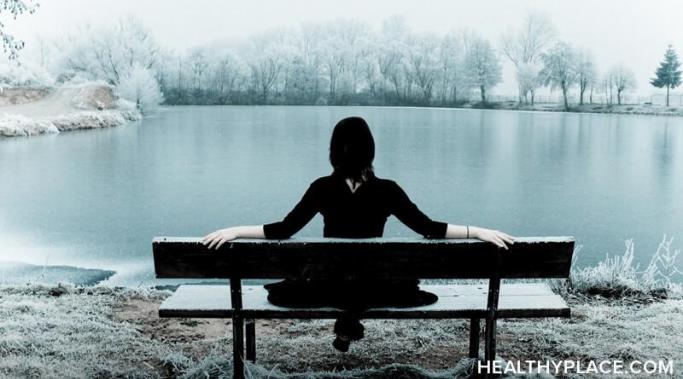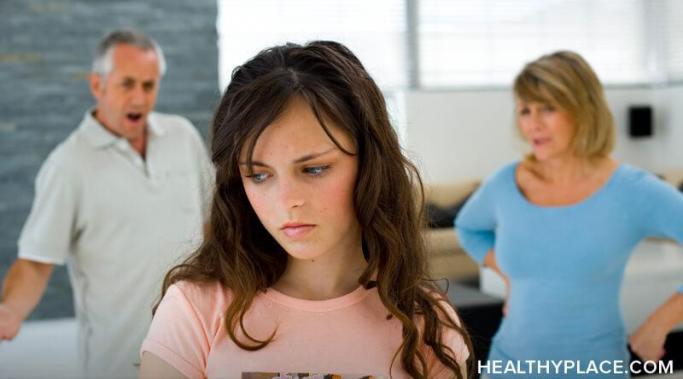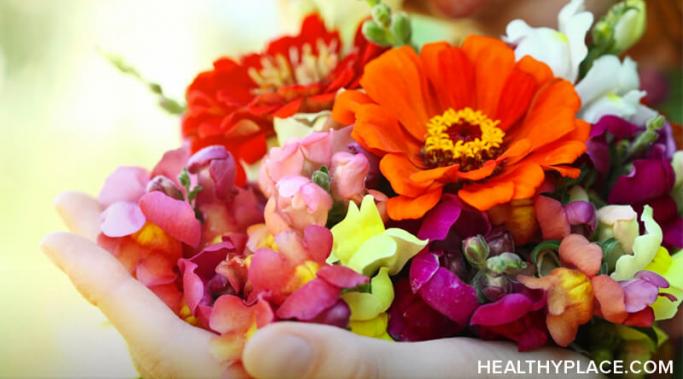One of the most important things I've learned is that depression gets better, but recovering from mental illness is also a work in progress. I'm constantly getting better and then moving backward. It may be a cliche, but there is truth to the idea that mental illness recovery is a journey rather than a race. But in that journey, depression can get better.
Depression – Tough Times
One of the scariest symptoms I've experienced has been emotional detachment in depression. I've witnessed it in other people since I was young, and at times I start feeling detached from situations where I think I might get hurt. Understanding the symptom of emotional detachment in depression helps me work through it.
I find survival skills for family drama and mental illness are critical. Some families are simple while others can feel messy. My family is the latter. Fighting among family feels like the norm (Toxic Relationships: Dealing With People Who Have Issues). Dealing with family drama and mental illness at the same time can feel like too much to handle at once. I've had to try out some survival skills to deal with family drama when I feel it affecting my mental illnesses of depression and anxiety.
Depression has been a part of my life since I was 12, and sometimes I think I've heard every depression myth in the book. Unfortunately, a lot of depression myths are prevalent because they are perpetuated in media and sometimes even affect our loved ones. Learning to tune out myths about depression helped me understand myself more.
It's hard to find love, and dating with depression feels impossible sometimes. Dating with depression comes with unique struggles in addition to the usual ones. I've struggled with identifying bad relationships, asking the right questions, and so much more (Depression Makes Social Interaction Stressful). Thankfully, recent realizations have provided relief, so I'm hopeful that dating with depression will improve.
Laziness and depression can look almost alike, but they're very different states of being. For example, every once in awhile, you will have a lazy day. After you come home from work, you might neglect doing laundry and crawl into bed instead. Maybe you’ll turn on Netflix, have a snack, and fall asleep. It feels nice, right? We all need the rest. But what does it mean when one or two lazy days turns into a few lazy weeks? Is it laziness or depression?
I've discovered that there is a strong correlation between my depression and anxiety and my physical confidence. It's about more than loving the way I look. It's about loving how strong I've become. I've taken steps to increase my physical confidence, which helps me feel so much better when things start to feel rough.
One of the hardest parts of my work as a writer is not necessarily self-discipline or being inspired, but rather finding ways to use my creativity while depression zaps my motivation. Over time, depression feels as if it is sucking the creativity out of me, and being creative with depression coping becomes a work of art on its own.
I have had people I love dismiss my depression with, "Why can't you just be happy?" There is still social stigma attached to depression, and even the people who care about us can be affected by it. I try to label the emotions that arise after somebody says something like this to me, and it makes me realize why hearing, "Just be happy." can be so frustrating. I don't feel good when people dismiss my depression and this is why.
While for some, spring helps depression, sometimes there is a worsening of depression in spring. The snow melts, the flowers bloom, and the sun stays out longer. After spending several miserable months indoors, people are more willing (and even excited) to step outside, smell the roses, and enjoy the sunshine. Yet, for others, the warmer weather and longer days are not always enough to counteract depression (Seasonal Affective Disorder [SAD] Symptoms – Who’s at Risk). In this article, I talk about depression worsening in spring and ways that I have learned to cope.









